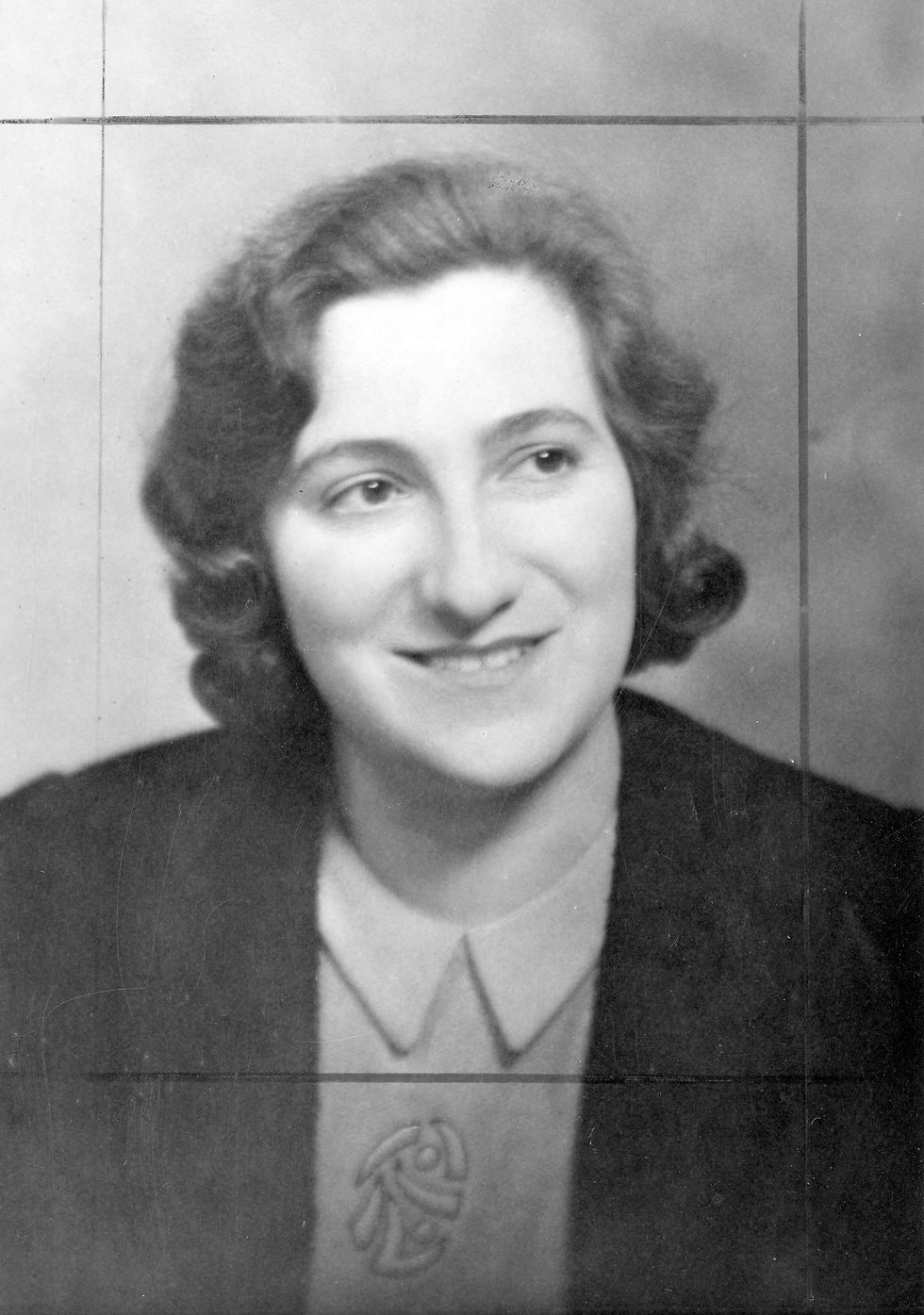Notable Ethnomusicologists
- veddattaray
- May 30, 2021
- 3 min read
There have been numerous prominent ethnomusicologists, over the years, who have contributed greatly towards our knowledge of music among various cultures. Some of these notable scholars have been talked about here:
· Ida Halpern (1910-1987): She was an Austrian born Canadian ethnomusicologist who spent most of her life researching the musical traditions of Native Americans in the coastal region of British Columbia, particularly among the Kwakiutl. She was trained at the University of Vienna under prominent musicologists Robert Haas and Egon Wellesz, and received her doctorate from there in 1938. Her training as a musicologist eased her into ethnomusicological research, which she focused on completely from 1947. Her approach towards cultures was more of an Austro-German school of research, which was different in many ways to the American school of research prevalent in North America. This is why many believe that her works and contributions have been largely overlooked. However, she is still dubbed as Canada’s first ethnomusicologist and for her work, she was honoured with a CBE in 1957 and the Order of Canada in 1978.

· Jaap Kunst (1891-1960): He was a Dutch ethnomusicologist and one of the popular early figures of 20th century ethnomusicology. His research was mainly focused on the “gamelan music” of Indonesia. He is said to have popularised the term “ethno-musicology”, although many continue to believe he coined the term, which is not true. Although he had been informally trained as a musician since he was a toddler, he was formally trained as a lawyer, earning degrees from the University of Groningen. His career took him to the Dutch East Indies (modern day Indonesia) and this is where he became exposed to Indonesian folk music. Eventually he went on to publish several works on gamelan and other forms of Indonesian and Dutch folk music. A couple of important books he authored are “Music in Flores: A Study of the Vocal and Instrumental Music among the Tribes Living in Flores” (1942) and “Music in Nias” (1942).

· Alan Merriam (1923-1980): He was an American anthropologist and ethnomusicologist, and can be said to be the pioneer of American ethnomusicology. He studied the Flathead Indians of Montana, USA, for his doctorate at Northwestern University. Later he went on to conduct his ethnomusicological fieldwork among the Songe and the Bashi people in central Africa (present day countries of Zaire and Burundi). His approach to ethnomusicology was more anthropological in nature than being musicological. This culminated into his magnum opus “The Anthropology of Music” (1964) in which he outlined many of the crucial points regarding fieldwork and methodologies of ethnomusicology. He stated that, “What the ethnomusicologist does in the field is determined by his own formulation of method, taken in its broadest sense.” He proposed six areas of enquiry an ethnomusicologist can explore through their research in order to gain a complete picture of the music and culture they are studying.

· Colin Turnbull (1924-1994): He was a British-American anthropologist known for his ethnomusicological research in Africa. His works were some of the first literature on African ethnomusicology following the emergence of ethnographic approach. He graduated in politics and philosophy from Magdalene College, University of Oxford, He then completed his post-graduation in Indian religion and philosophy from Banaras Hindu University. He earned his doctorate in 1964 from the University of Oxford in anthropology. His work led to the publication of the classic book “The Forest People” (1972) on the Mbuti people, a pygmy group of Congo, and the highly controversial book “The Mountain People” (1972) about the Ik people, one of the most endangered indigenous groups of central Africa. Along with all this, he is known for his recording of the “Alima Song” of the Mbuti people recorded in 1951, and for the album “Music of the Rainforest Pygmies” recorded in 1961 and published later. The former is one of the musical pieces on the Golden Record aboard the Voyager space missions.
· Bruno Nettl (1930-2020): He was a Czech-born American anthropologist, the son of Paul Nettl, a historical musicologist and Gertrude Nettl, a pianist. He went on to do his graduate studies from the University of Michigan and earned his doctorate from Indiana University in 1953. From 1964, he was a professor of music and anthropology at the University of Illinois, and remained there for the rest of his career, eventually becoming an emeritus professor. He mainly conducted his fieldwork research among Native Americans, in Iran, and in southern India. He was one of the most influential ethnomusicologists of the latter half of the 20th century, and went on to earn honourary doctorates from multiple universities including the University of Illinois and University of Chicago. He wrote numerous significant books throughout his career, one of which was “Blackfoot Musical Thought: Comparative Perspective” a comprehensive literature on folk music of the Blackfoot people of the American and Canadian Great Plains.



Comments